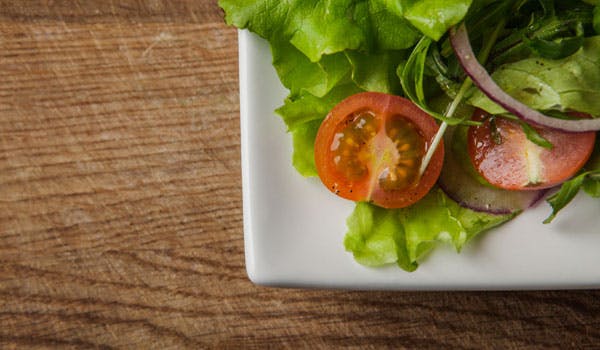Successful food chain Sumo Salad will refurbish its stores across Australia over the next three years on the heels of the Tulla Group’s purchase of a 60 per cent stake in the business.
The upgrade will provide a more “interactive” experience for consumers, with the stores to feature special sections whereby consumers can inspect and sample lettuce and herbs that are grown in displays. New products will also be available including cold press juices and 28-hour slow cooked meats.
Luke Baylis who founded the chain with James Miller 11 years ago said he hoped the changes would make healthy fast food more accessible and create new opportunities for the business. As the first salad branded restaurant business in Australia, Mr Baylis said it was important to continue to evolve.
Staff will receive retraining on the nutritional value of food and even taken further down the supply chain to see where Sumo Salad’s produce comes from in order to better inform and educate customers. They will also be educated in the so-called “superfoods” containing particular health benefits in order inform curious customers. “A huge part of our whole thing is retraining,” said Mr Baylis.
The stores will also try to source their products from growers located in the same state in a bid to better connect with local communities. He touted the changes as an attempt to “break the mould of traditional fast food” and provide a form of “oasis in a food court”. After 11 years, he said it was time for the brand to update the look of its stores.
Mr Baylis said that franchisees were excited by the new plans and the business had just held one of its most successful national franchise conferences. Currently, the company has a five year plan to increase its presence to about 500 stores and is also looking to expand its overseas presence, particularly in North and South America.
Mr Baylis told Dynamic Business that the Tulla group, owned by the well known Maloney family, had been instrumental in facilitating the new refurbishment. He said their decision to pick up a 60 per cent stake in the business had provided a new level of “financial freedom to take on different initiatives and invest in the right areas”.

